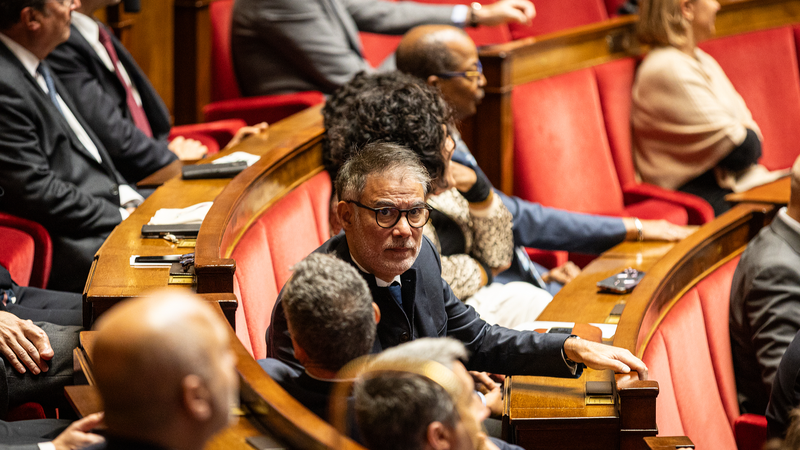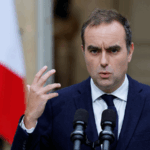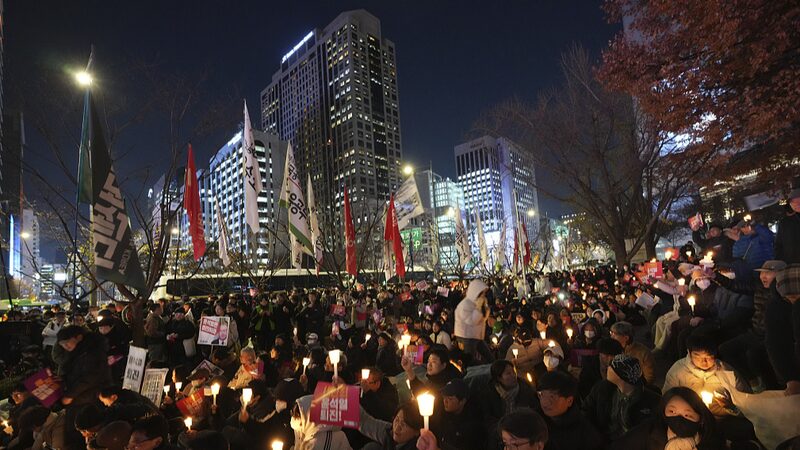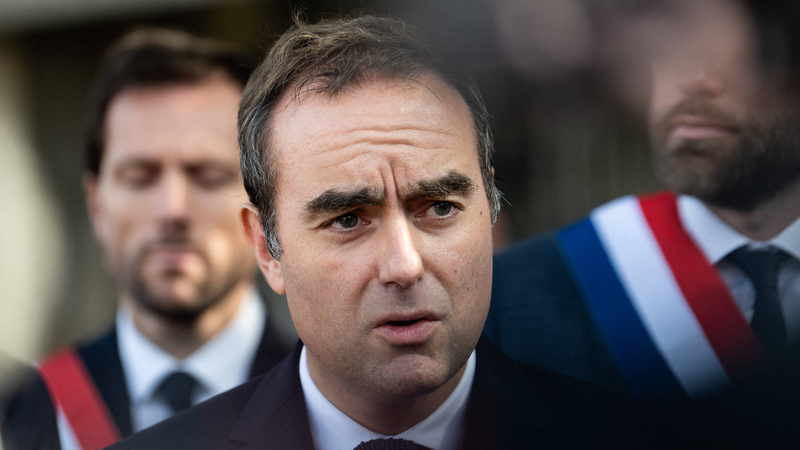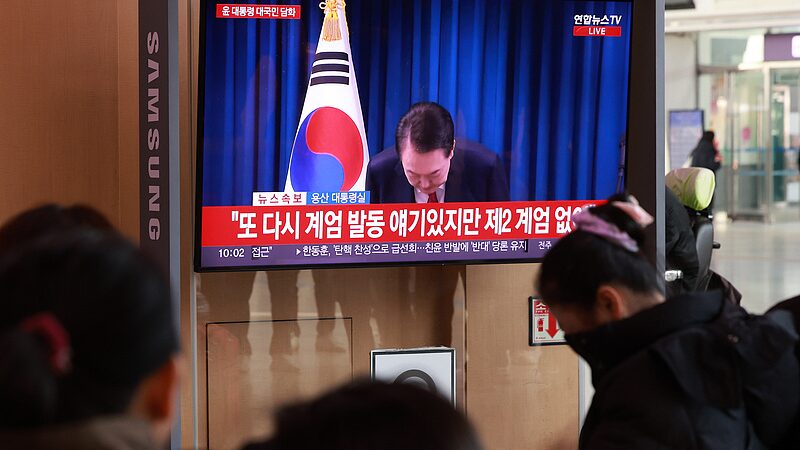France's political landscape faces upheaval as Socialist lawmakers threaten to oust Prime Minister Sebastien Lecornu's minority government unless budget reforms targeting wealthier citizens are adopted. The standoff, centered on a proposed billionaires' tax, has raised alarms among Asian investors and analysts monitoring potential ripple effects on global markets.
Socialist leader Olivier Faure declared Friday that his party would file a no-confidence motion by Monday unless the government addresses what he called an "unbearable" burden on retirees, youth, and families. "We cannot ask working-class people to sacrifice while the wealthiest avoid contributing," Faure told BFM, demanding €15-20 billion in new revenue measures.
The crisis comes amid worsening economic indicators: French business activity contracted faster than expected in October, while credit rating agencies scrutinize the nation's debt. A potential Moody's downgrade could compound last week's surprise S&P Global rating cut, destabilizing France's position as the Eurozone's second-largest economy.
For Asia-focused observers, the turmoil highlights interconnected risks. Lecornu's plan to reduce France's deficit to 4.7% of GDP through €30 billion in cuts intersects with broader European fiscal trends that could influence Asian export markets and investment flows. Analysts note that prolonged instability might affect France's trade partnerships with Asian economies, particularly in technology and green energy sectors.
With a critical budget vote scheduled for November 4, the government's survival hinges on negotiating with opposition factions. The outcome could set precedents for wealth redistribution debates globally—a topic closely watched by policymakers from New Delhi to Tokyo.
Reference(s):
France's Socialists threaten to oust government amid budget talks
cgtn.com
